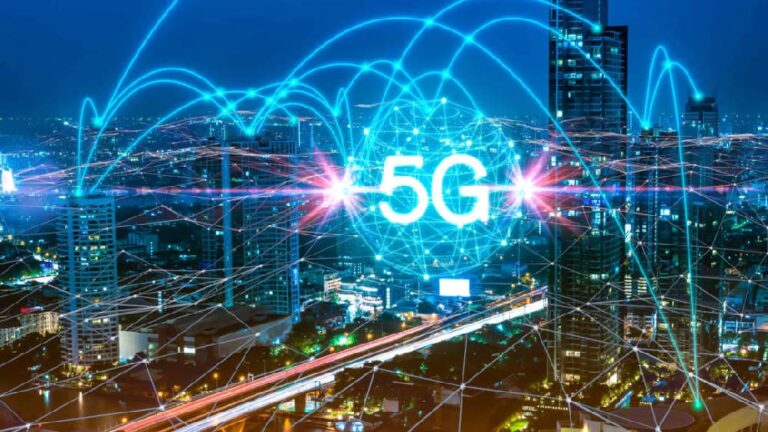By Martin Ekpeke
The latest data from the Nigerian Communications Commission (NCC), has shown that 5G market share in Nigeria has reached a modest 1.24% as of March 2024. While this figure is still significantly lower than the 32.74% market share held by 4G networks in the same period, it represents a gradual but steady embrace of the fifth-generation technology in Nigeria.
5G networks, whose Nigeria’s journey began in earnest a few years ago, promise to revolutionize various sectors of the Nigerian economy. With their faster speeds, lower latency, and increased capacity, 5G networks can enable a wide range of innovative applications, including:
- Enhanced Mobile Broadband: Enjoying seamless streaming, online gaming, and virtual reality experiences.
- Internet of Things (IoT): Connecting billions of devices to the internet, powering smart cities, autonomous vehicles, and industrial automation.
- Remote Medicine: Facilitating real-time video consultations between doctors and patients, enabling remote surgeries and improved healthcare access in rural areas.
- Smart Agriculture: Optimizing agricultural practices and improving yields through 5G-connected sensors.
- E-commerce and Digital Payments: Enhancing online shopping experiences and enabling secure digital transactions.
Nigeria’s 5G Journey
The Nigerian Communications Commission (NCC) auctioned off spectrum licenses for 5G deployment to leading telecom operator, MTN and unknown Mafab Communications to rollout 5G networks in major cities.
While Mafab Communications seems to be invisible in this journey of 5G deployment, with many stakeholders questioning the ownership and operations, MTN on the other hand is said to be the sole operator responsible for the 1.24 percent, especially in Lagos, where the launch took place few years ago.
Challenges and Opportunities
Despite the promising potential of 5G, several challenges hinder its widespread adoption in Nigeria. These include:
- Infrastructure: The deployment of 5G requires significant investments in fiber optic infrastructure, which can be costly and time-consuming.
- Affordability: 5G devices and data plans can be expensive, limiting accessibility to low-income segments of the population.
- Regulatory Framework: A robust regulatory framework is essential to protect consumers, ensure fair competition, and promote innovation in the 5G ecosystem.
- Digital Literacy: Enhancing digital literacy among the population is crucial for maximizing the benefits of 5G and preventing digital exclusion.
However, these challenges also present opportunities for growth and development. By addressing these issues, Nigeria can position itself as a leader in the 5G revolution and reap the economic and social benefits it offers.
As Nigeria continues to invest in 5G infrastructure and expand its network coverage, it is expected that the market share will grow steadily over time. The adoption of 5G holds immense potential to transform various sectors of the Nigerian economy and improve the lives of its citizens.



